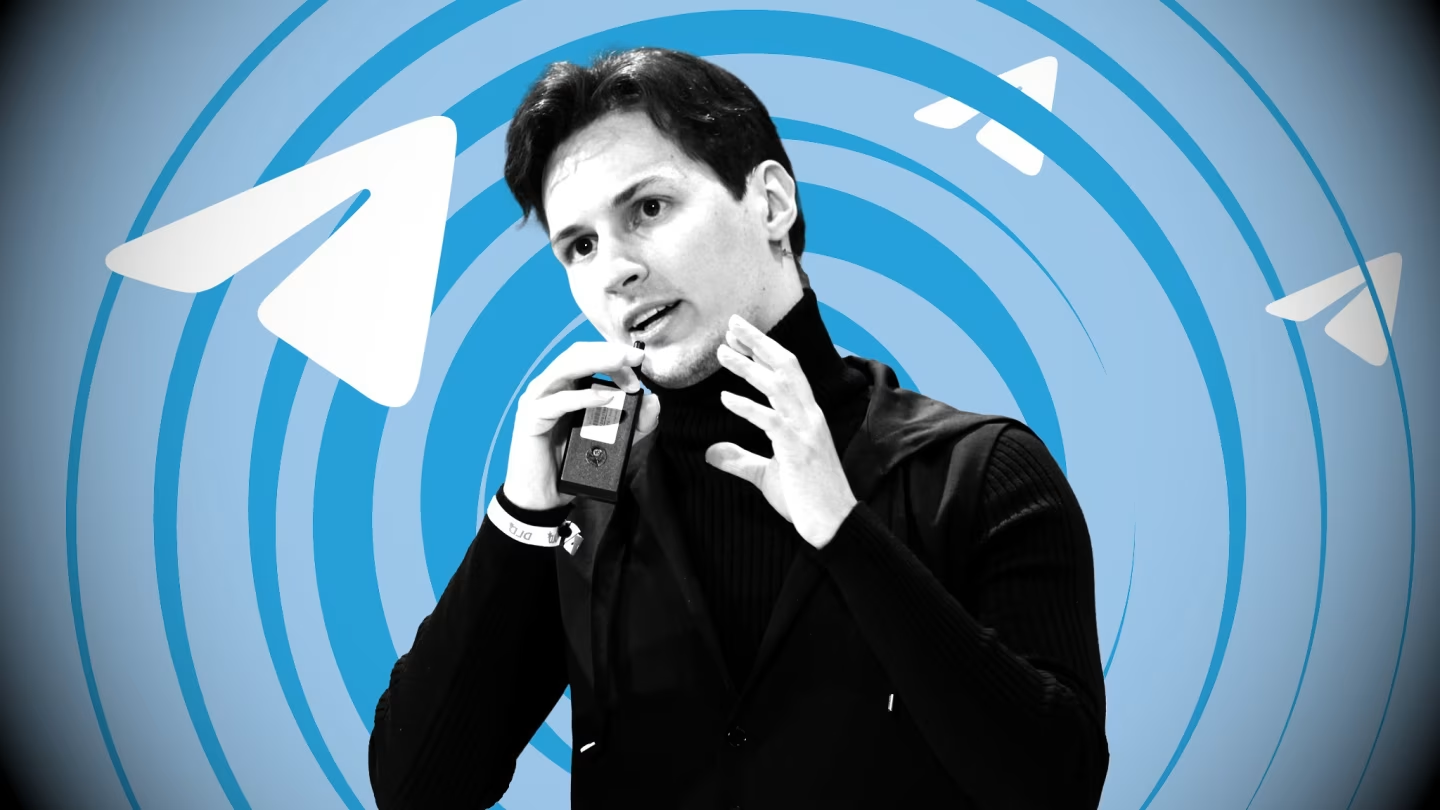Telegram founder Pavel Durov has spoken out for the first time since his arrest in France in August, expressing shock over the actions taken by French authorities. Despite having a legal representative in France to handle regulatory matters, Durov was personally arrested, a move he found unnecessary given his regular contact with the French Consulate in Dubai.
Durov Responds to His Arrest
In a public message posted on his Telegram channel, Durov, who is a French citizen, criticized French authorities for their approach. He explained that they had multiple ways to reach him without resorting to his arrest. Durov also reiterated Telegram’s commitment to its core values, stating that the company is willing to leave jurisdictions that don’t align with its mission to protect free speech.
“We are prepared to leave markets that aren’t compatible with our principles because we are not doing this for money. We are driven by the intention to bring good and defend the basic rights of people, particularly in places where these rights are violated,” Durov stated.
Durov voiced his disappointment that France had chosen to charge him personally rather than addressing the company itself.
Macron Denies Political Motives
In the wake of Durov’s arrest, French President Emmanuel Macron released a statement denying any political motivation behind the incident. However, his comments did little to ease growing international criticism. Many have accused the French government of suppressing free speech, especially given Telegram’s reputation as a platform that champions freedom of expression.
Despite Macron’s assurances, backlash has continued, with organizations like the TON Society and tech industry executives demanding Durov’s release. The arrest has sparked a broader debate over free speech in France and its potential impact on tech platforms.
Rumble CEO Flees Europe, Issues Warning
In a notable response to Durov’s arrest, Rumble founder and CEO Chris Pavlovski publicly announced his decision to flee Europe, citing concerns for the safety of tech founders focused on free speech. Pavlovski, who leads the video-sharing platform Rumble, warned that France was no longer safe for those defending open expression.
“France has threatened Rumble, and now they have crossed a red line by arresting Telegram’s CEO, Pavel Durov, reportedly for not censoring speech,” Pavlovski stated after departing Europe. He emphasized that Rumble would use “all available means” to oppose censorship efforts and protect the right to free speech.
Durov’s arrest and the subsequent fallout have fueled concerns among tech companies and advocates for free expression. The French government’s actions have drawn attention to how state regulations may clash with platforms like Telegram, which prioritize freedom of speech in often restrictive environments. As the situation develops, the future of platforms advocating for uncensored communication within France remains uncertain.
